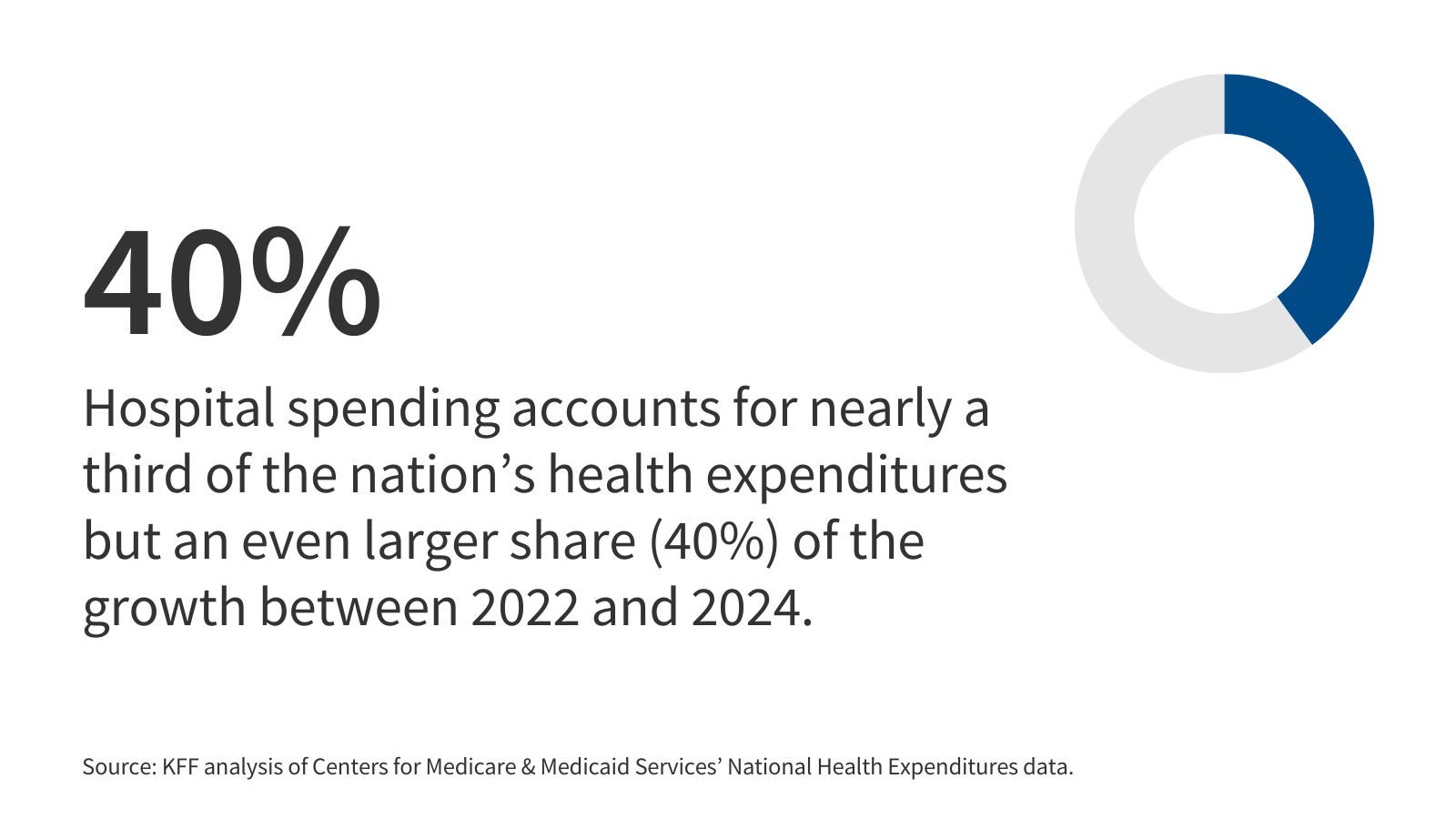Athenahealth is rolling out new artificial intelligence features for ambulatory providers as part of a larger upgrade to an “AI-native” athenaOne platform.
The aim is to provide a “reimagined user experience” for physician practices across key functions like interoperability, patient engagement, clinical documentation and revenue cycle management, the company said this week.
Athenahealth provides electronic health records software, revenue cycle management and patient engagement solutions to small and independent provider practices. The company also is building out a suite of AI tools for ambulatory providers.
New AI-native capabilities include AI-enhanced document services, interoperability tools and intelligent clinical summaries. Other upgrades in the works include AI-native features for clinical workflow, revenue cycle and patient engagement.
Athenahealth’s open platform and cloud-native athenaOne architecture enables rapid deployment of AI features, according to executives.
“One of the great things about athena is the technology was built the right way from the start. We were built open ecosystem, full API, single source of the code, which means every single one of our practices is literally on the same instance. That provides tremendous leverage with not only how we invest our R&D dollars, but also the way we can bring impact to our practices because as soon as we put the code in, it goes to everybody automatically,” Bob Segert, chairman and CEO at athenahealth, told Fierce Healthcare.
“That means we can hit every single one of our 160,000-plus providers all at once when we release. That’s just a fundamental technological platform that’s really unique and differentiated,” he said.
The continued advancement in computing power and quantum computing and the ability to train large language models at scale enables rapidly advancing capabilities, he noted.
“You can start using technology to do things that you used to have humans do,” Segert said. “I think this is a productivity tool and gamechanger in the market.”
Athenahealth announced its new AI features ahead of EHR giant Epic’s annual User Group Meeting where it’s expected it will unveil AI innovations. Rumors have swirled that Epic plans to launch its own AI scribe. Also this week, Oracle launched its next-gen EHR equipped with the latest AI and voice capabilities.
“I’m glad to see everybody on the wave. This is not a fad, AI. This is something that’s needed. You must embrace it,” Segert said. “What none of us really know yet is, how powerful are those solutions, how fully embedded are they? There’s lots of hype that’s out there. What we have to see over the next six to 12 months is practices actually using these new tools and seeing if they’re really generating value from those new tools, and then learning from it and rapidly innovating.”
Athenahealth’s CEO is optimistic about what he sees as a “golden age of innovation.”
“We at athena want to make sure that we’re at the forefront of that, particularly when it comes to innovation for ambulatory care practices,” he noted.
The company sees opportunities to use AI to bring in data and contextualize them to support clinical decision-making. Athenahealth is piloting a Model Context Protocol (MCP) server for its athenaOne platform that allows communication between AI models and athenaOne, something the company says is a first for the industry. This capability is a key step to bring in data sources across practices, hospitals, public health registries, payers, data aggregators and other EHR systems to then extract those data and put them into the clinical workflow.
“That will allow anybody who’s on athena, or any of our partners, and we have over 500 partners that are also connected to our network via our APIs, to actually build their own agents. They’ll be able to use their own agentic AI capabilities tying into the MCPs to have full access to the data that’s needed such that they can run their own agents,” Segert said.
The company has been pushing forward on interoperability initiatives. It says it is the first healthcare IT company to implement the Trusted Exchange Framework and Common Agreement (TEFCA) at scale, as it now has 100,000 provider customers connected to TEFCA, a government-backed data exchange framework.
The company’s platform already automates document processing by using machine learning to read more than a billion pages of faxes received by ambulatory care practices and then places them directly in the patient chart. Athenahealth is improving that service with AI to label clinical, imaging and administrative documents as they are saved to the chart.
That technology also can pull out valuable clinical information from faxes, save it in the chart as discrete data elements, then searched, trended, and reported against for quality programs, according to the company. The aim is to automate 50% to 70% of the manual administrative work that practices handle, Segert said.
Athenahealth’s ChartSync also has been upgraded to use AI to bring in and reconcile important information shared through national networks and from external sources, including other ambulatory care practices, pharmacies and hospitals.
The company also is currently alpha testing an AI-based assistant that uses generative AI to search across clinical data to answer questions or generate summaries for clinicians. It’s also testing AI-generated summaries of patients’ documents, charts and clinical events.
With growing adoption of ambient AI tools, athenahealth last fall unveiled its own AI-based clinical documentation tool. But, the company also partners with ambient scribe companies to offer customers a “choose-your-player” ambient note-taking product. Healthcare providers can choose between three different scribe vendors—Abridge, Suki AI and iScribe AI.
“Those companies are partners of ours. They have a certain value proposition that they offer into the market. It has been important for practices that don’t have access to that technology. That’s why we’ve had them build into our SDK, where you can leverage it across a lot of these different vendors,” Segert said.
As ambient tech and generative and voice AI evolves, there are opportunities to expand from just note-taking to clinical “nudges” to highlight relevant information for physicians, he noted.
Athenahealth wants to offer a comprehensive solution with internally developed AI tools along with other vendors’ tools.
Ambulatory practices don’t want to manage a long list of vendors, Segert asserted. “They’d rather have a solution that solves 90% to 95% of their problems, and there will always be specialists that’ll be out there that are focused on maybe a narrow part of the value chain,” he said.
“We’re really focused on trying to ‘future proof’ the practices that we serve for AI. My message to them is this, ‘Look, it’s complicated, you don’t have to worry about it. We’re talking to all these companies.’ We’re going to either build it ourselves or we’re going to partner with others and we’re going to put together an end-to-end solution for you that allows you to thrive in this new world,” he said.
These features are part of a broader effort to implement an AI-native intelligence layer.
“The intelligence layer is really a way for us to package all of our capabilities across, whether it’s interoperability, the patient experience, clinicals, the rev cycle side, and it’s really all the agentic AI tools that we’re building and that we’ll be launching. It’s our ambient solutions, it’s the data analytics, it’s the things like coding assist, it’s clinical decision support, it’s all of the capabilities that are leveraging the data in our network, and then increasingly large language models and agentic AI to actually unlock that information for the physician at the moment of care,” he said.
While many EHR companies and AI startups are focused on offering AI tools for large health systems and academic medical centers, ambulatory providers and independent practices have a growing need for automation and tech tools to ease administrative burdens, Segert noted.
“You look at the silver tsunami, the aging of the U.S. population, the fact that we don’t have enough primary care physicians and specialists to probably handle the demand for healthcare, coupled with the fact that these independent physicians have seen consistent decreases in their reimbursement rates for Medicare services, this put a ton of top-line pressure and inflationary pressure along with burnout from COVID and these independent practices are really struggling,” he said. “How do we enable these independent practices to thrive in a very difficult environment?”
The company also aims to grow its footprint with specialty providers and is developing purpose-built solutions for specialty medical practices and sites of care. It already launched EHR solutions for women’s health, urgent care, orthopedics, behavioral health and community health centers. It will soon launch a specialty EHR for ambulatory service centers.
“It’s built on the same exact chassis. It’s just an extension of specialty capabilities that are tailored for that specialty, as well as dedicated implementation teams and customer success teams,” Segert said. “We have about 100 ASCs that are running on our platform today. We expect to see that really grow with the launch of our ASC product later next year.”
Publisher: Source link










